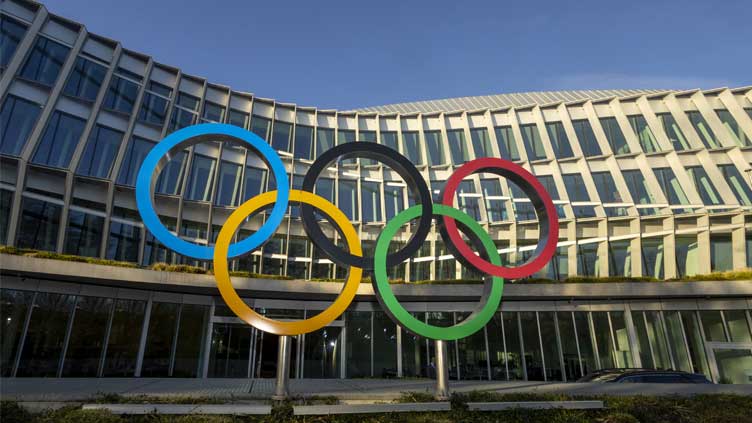Guangzhou City cease operations as Chinese Super League woes continue

Sports
They were absent from a Chinese Football Association list issued on Wednesday
HONG KONG (Reuters) - The Chinese Super League suffered another blow after Guangzhou City announced they are suspending operations and will not take part when the new season makes its expected return next month.
City, who finished 15th last year to retain their place in China's top flight, are one of eight teams who competed in the country's professional pyramid last season to be disqualified ahead of the 2023 campaign.
They were absent from a Chinese Football Association list issued on Wednesday detailing the 48 clubs eligible to play in the country's three-tier professional set-up in the upcoming season, which is expected to start on April 15.
Wuhan Yangtze and Hebei FC, who were both relegated from the CSL last year, were excluded, as were second-tier outfits Kunshan FC, Shaanxi Chang'an Athletic, Zibo Cuju, Beijing BSU and Xinjiang Tianshan Show Leopards.
City confirmed on social media that they would suspend operations, joining a growing list of clubs who have floundered since the end of the league's boom years, when high-profile players and coaches were lured by huge salaries.
Jiangsu FC were disbanded just months after winning the 2020 CSL title while former Asian champions Guangzhou FC are among those who have laboured to stay afloat.
Chinese clubs previously attracted some of the sport's leading talent including World Cup winning coaches Marcello Lippi and Luiz Felipe Scolari, while also competing with the world's wealthiest clubs to acquire elite players.
Shanghai SIPG - now known as Shanghai Port - signed Brazil internationals Oscar and Hulk for a combined outlay of 110 million euros ($119.13 million) in 2016, the same year Argentine Ezequiel Lavezzi became one of the world's best paid players when he signed for Hebei FC.
However, a crackdown by authorities on debt accumulation within the private sector plus the economic impact of the COVID-19 pandemic put many clubs under significant financial strain.

